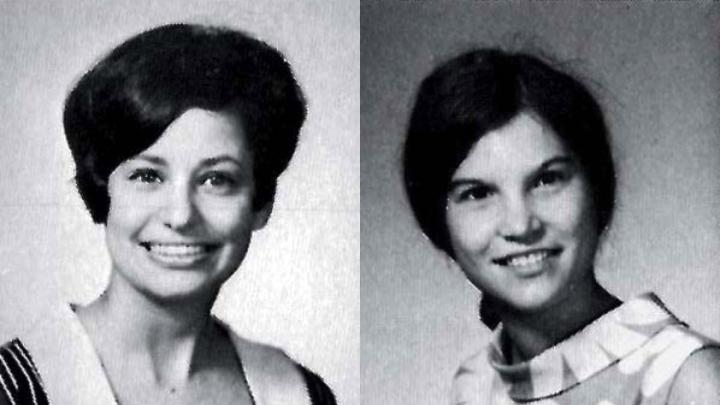Roslyn Braeman Payne, M.B.A. ’70, writes recalling her experience of collecting a degree from Harvard Business School only to find, 200 miles to the southwest, that she could not crack the women-excluding Harvard Club of New York. “A group of us (including one Harvard Law graduate) began conversations with the club”; that route having proved unavailing, the group moved to “file a complaint” with the state’s human-rights commission—while some law students filed a federal court complaint, represented pro bono by Jed S. Rakoff, J.D. ’69 (subsequently a U.S. district court judge).
Reason (or pressure) having ultimately prevailed, the club modernized its thinking in 1973. Now Payne and co-combatants have memorialized that struggle in A True Account of Women Gaining Full Membership in The Harvard Club of New York. Its underlying facts compel reflection. When Ellen Marram, M.B.A. ’70, went through the job-search process on campus, “One recruiter expressed puzzlement that a woman would even interview for a position in his company,” asking her, “[W]hat kind of a job do you give a woman from the Harvard Business School?” (Hint: the kind that prepared Marram to serve as a director of Ford, Eli Lilly, and the New York Times Company.) In January 1973, members voted by more than the required two-thirds margin to admit women. (An earlier poll fell 18 votes short.) Payne has been a member since then—and Marram’s directorships extend to the board of the Club itself.
The accounts of the protest that greeted U.S. defense secretary Robert McNamara, M.B.A. ’39, during his Vietnam-era visit to campus in 1966 (November-December 2016, page 80) elicited Rashomon-like takes on the events of the day (see the letters, January-February, page 6). Steve Young ’67 provided the fullest version. Barney Frank ’61, K ’71, J.D. ’77, asked him to be a decoy for McNamara; when that ruse failed to divert members of Students for a Democratic Society, McNamara decided to engage with the crowd. Young narrates:
I had no Plan B to get out of the situation with grace for all parties.
Then…a rushing wall of blue came up at McNamara and me and pushed us off the car’s roof toward Leverett House. We were…rushed, surrounded by three or four policemen, into the lobby of the Mill Street door.…
[T]he sergeant commanding turned to me and asked, “What do we do now?”
I thought, “You’re asking me? I’m just a civilian and student to boot.”
Behind him was a door opening to stairs leading down to the tunnels running from the central kitchen to all [the] dining rooms.…
I proposed…[taking] the secretary through the tunnels to the central kitchen in Kirkland House [where] a cab should meet him….
The sergeant…had no other idea. So I led [McNamara] and two Cambridge cops through the tunnels to the central kitchen.
When we got there, I found the door to the delivery dock and opened it slightly. No SDS students were in sight and I saw a taxi waiting….So I walked McNamara over to the taxi with the cops behind us.…
He didn’t ask my name and he didn’t say thank you.
In a much-divided nation, it’s worth recalling that no ironclad rule dictates East or West Coast origins for professors. From the memorial minute for the late geophysicist Richard J. O’Connell, read to the Faculty of Arts and Sciences on December 6:
Rick’s path to Harvard and science was not linear. He was raised in Montana, where his paternal grandparents had emigrated…and his grandfather worked as a gold miner. His father was a successful cattle rancher and, for a time, sheriff of Lewis and Clark County. Rick’s mother, a musician, raised her children during her husband’s long absences and after he was seriously injured in a bull goring. In this challenging environment of hard work, high expectations, and encouragement, a home life that began in the county jail and was centered on the ranch that he returned to throughout his life, Rick developed an abiding affection for America’s wide-open spaces and the values of those who live within them.
And he did so despite the contaminating influences of an education at Caltech—and tenure in Cambridge.









